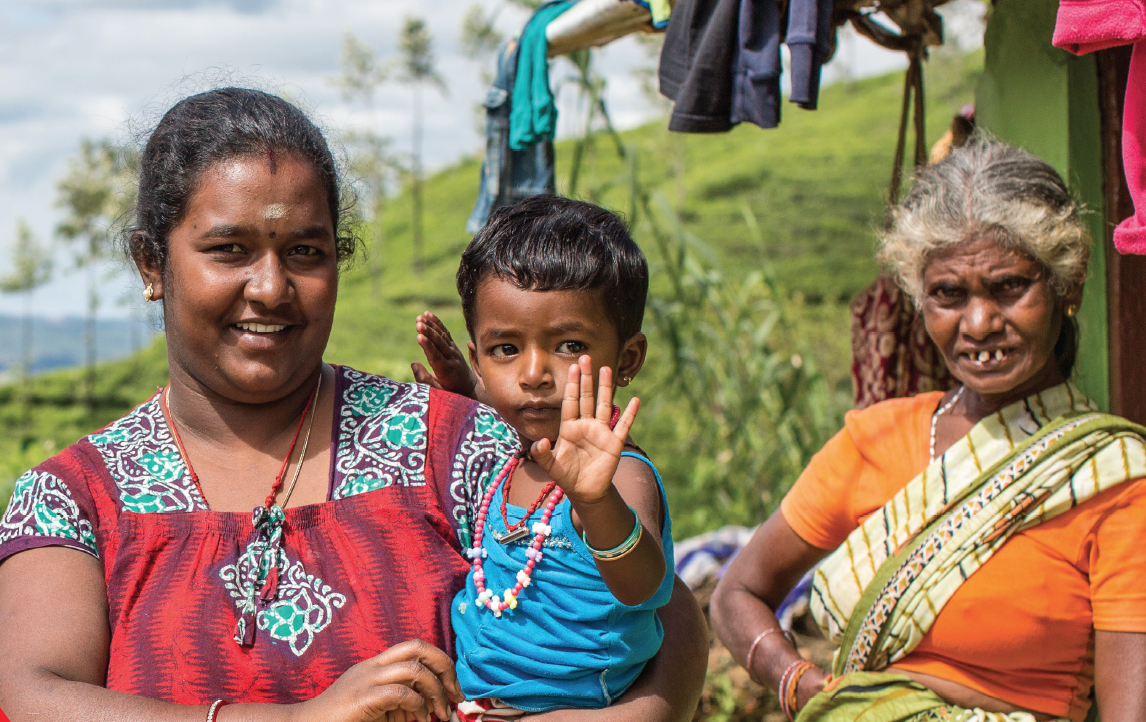

The Tea sector is the largest employer in Sri Lanka with a direct and indirect workforce of over 2.5 million people, which accounts to 10 percent of the total population. Realising the need to deepen the understanding of child rights risks in plantation settings and also along the tea supply chain in order to identify appropriate strategies and approaches for addressing child rights issues at different levels, Save the Children commissioned The Centre to conduct an assessment to identify potential entry points for influencing sustainable progress and improvement in the lives of children.
What was done?
A quantitative survey was administered with 519 parents who work as a smallholder farmers and labourers in small or mid-sized tea estates. A parallel survey was conducted with 519 children of participating parents, aged between 6-17 years. Six focus group discussions were conducted with groups of farmers and children, as well as interviews with 14 key stakeholders in Sri Lanka’s tea supply chain.
The finalised impact assessment was shared with government, international tea companies/buyers, local farmers, NGOs and other stakeholders in 2020, with a subsequent workshop held in 2021 to continue engaging key stakeholders in discussions and gather their input for a planned white paper. This white paper will include practical recommendations for addressing the risks identified in the assessment and creating systems that protect and support children.
Read the full assessment report here.
2025/10/01
UN GCD Supply Chain Dialogue 2025 - From Checklists to Change: Innovating Human Rights Due DiligenceBy using this website, you agree to our use of cookies. We use cookies to provide you with a great experience and to help our website run effectively.